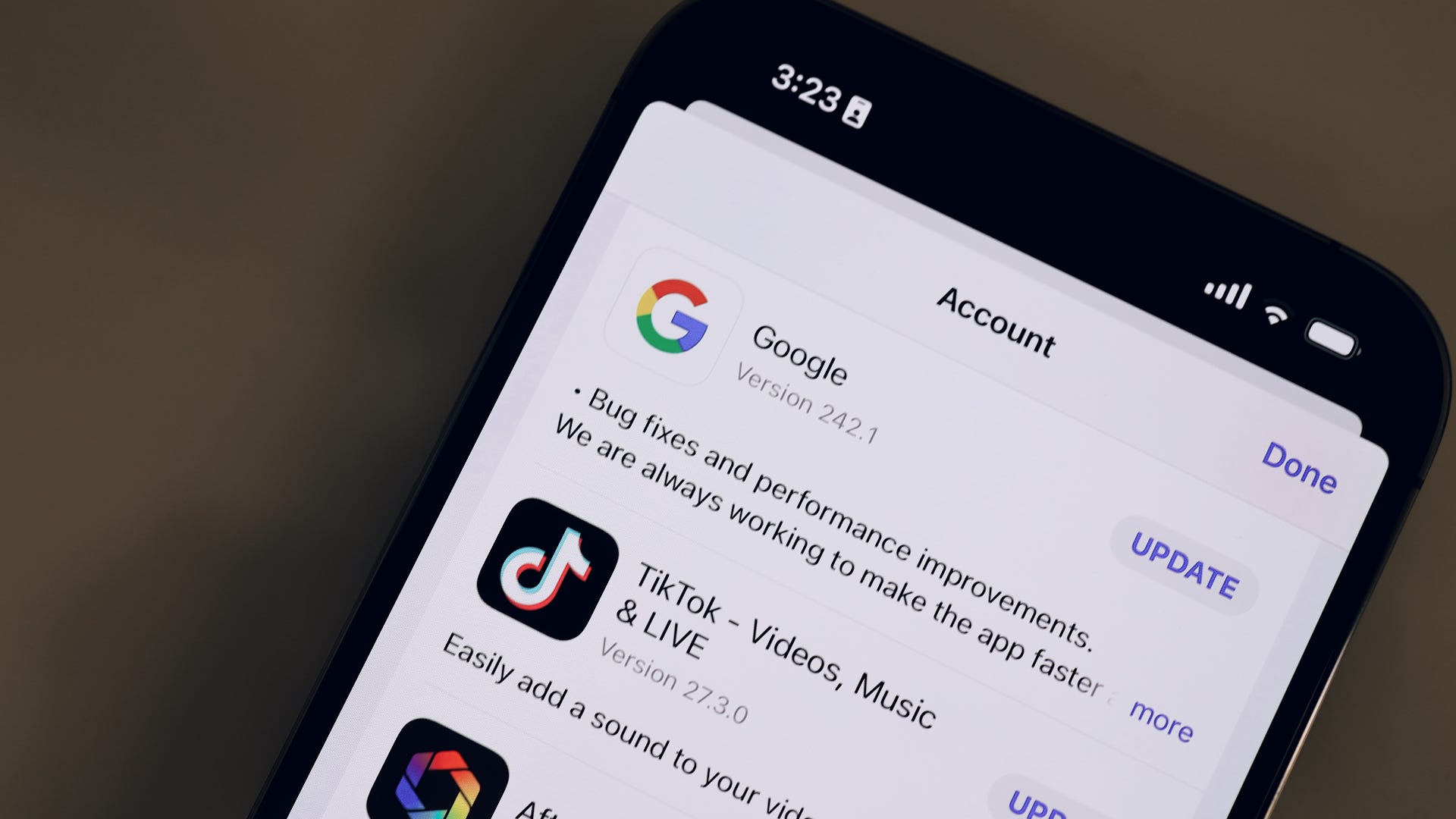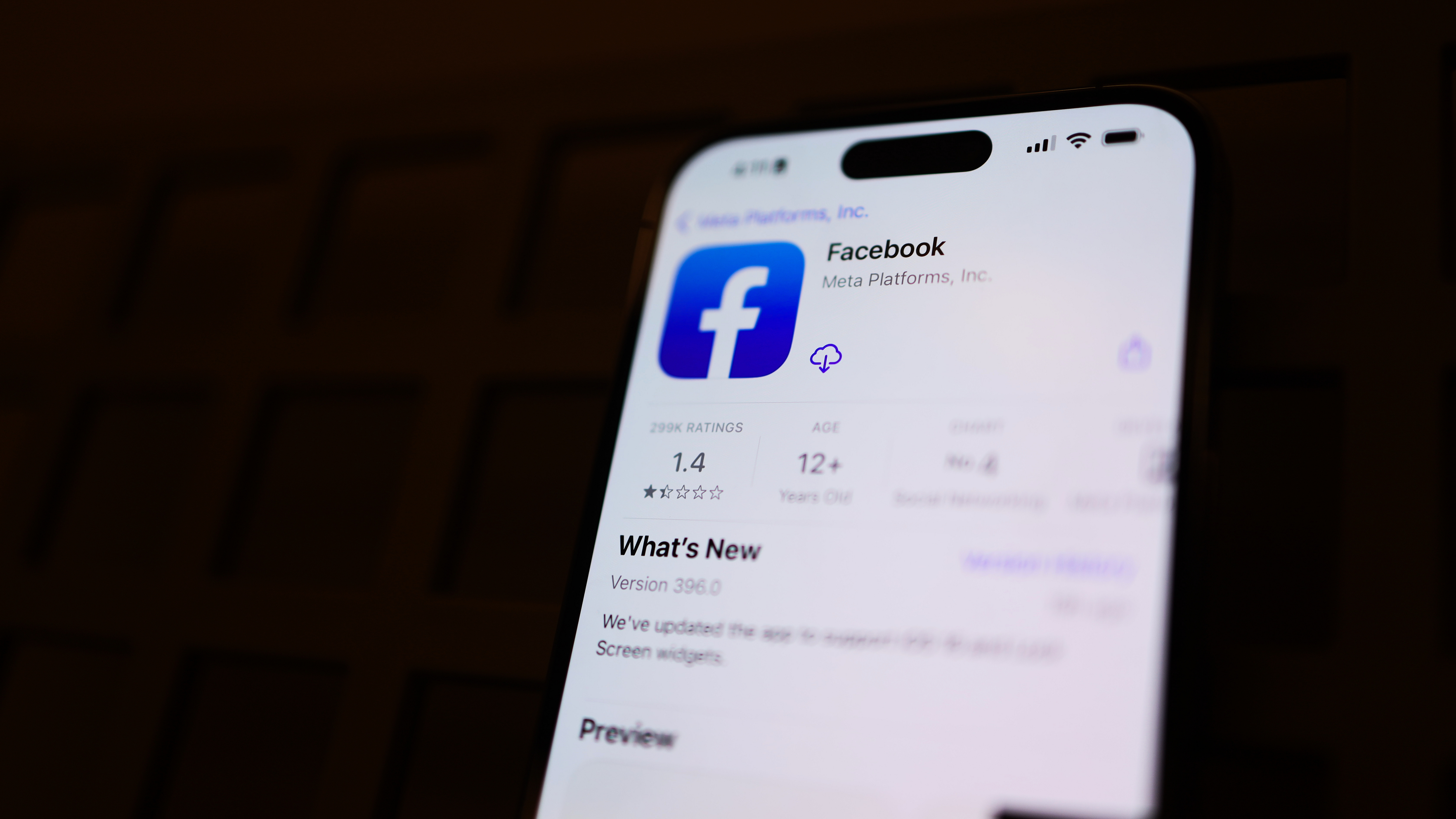Sideloading on iPhone would not be a choice, the experience would be atrocious, and more.
Users will not have a choice on whether or not to sideload. It'll be forced upon them.
One of the most popular pro-sideloading arguments seems straightforward on the outside: if users don't want to sideload, then don't.
It's a fair proposition: leave it up to users to make the best call on whether they want to sideload an app or not. Seems simple enough, and to properly decide whether or not that approach is feasible, we still need answers to plenty of questions regarding how Apple will approach this.
Yesterday, I laid out 6 questions Apple will likely be facing when it considers how to enable sideloading on iPhone with iOS 17 next year to comply with the EU's new DMA law. One of those questions stands tall above the rest: will sideloaded apps have the same system privileges as native App Store apps?
On Android, sideloading an app means the system, more or less, treats it the same as an app you were to have downloaded from the Google Play Store or another distribution platform. Those apps can send notifications and access the camera, microphone, etc., with user permission.
Assuming Apple follows that same approach, allowing apps downloaded from the internet to access system-level sensors and features, it's not difficult to imagine dozens, if not hundreds of developers, suddenly ditching the App Store in favor of directing users to a website to download their app.
The App Store is not perfect. Very far from it. From scam apps, inconsistent enforcement of guidelines, unfair and biased treatment of developers, and so much more. Even with the App Store’s flaws, though, it’s hard to ignore the profound impact it has had and the profound impact its absence would leave. I feel comfortable, as I think many do, in having a single platform attempt to solve those issues.
Perhaps one reason I trust Apple with the App Store above anyone else is that Apple can’t afford to lose the App Store. The store is the backbone of the iPhone. Without it, the iPhone is an expensive piece of metal that can take great photos. When the App Store sinks, many things will follow.
Facebook, which has had plenty to say about Apple and the App Store, to Telegram, Spotify, and many other developers, will leave the App Store. Doing that puts users at the most harm, leaving a vacuum and the absence of a centralized place where users can download, explore, and keep apps up to date.
Imagine Meta, one of the fiercest critics of Apple and its privacy measures, pointing users who want to download WhatsApp, Instagram, Messenger, and/or Facebook to a website with unvetted data mining and flagrant violation of user privacy. 0 oversight on that website. 0 accountability. With the App Store, apps are supposed to follow a set of guidelines — whether Apple enforces them strongly enough is a topic for another day.
With sideloading enabled and those apps having the same system privileges as App Store apps, user privacy, convenience, and experience are out the window. Fully-fledged sideloading on iPhone would only worsen the user experience, especially when apps begin to leave the App Store and opt for the open internet.
It would no longer be an option of whether to sideload an app or not. Users will have no choice but to sideload.
For a second, imagine the experience of updating apps when every single app you have is distributed on different websites by different companies and developers. WhatsApp? Head to this website to update. Google Maps? Another one. Spotify? Another website that requires you to log in. That app you use to monitor your front door? Another one. I could go on.
It would be a disastrous experience for users and developers. Developers would have a 10x harder time ensuring users are running their latest versions, and users would constantly jump from site to site, and app to app, to get their app updated.
There are many ways to see sideloading benefiting both developers and users. There are certain apps, like simulators and emulators, that Apple won't allow on the App Store. In those cases, it's unfair for Apple to limit those developers from the ability to gain iPhone customers as users, but it's hard to ignore the reality on the other side of that “freedom.”
An argument, in this case, would be, "Android has sideloading, and apps are still exclusively on the Google Play Store." Companies like Meta and Spotify have a bone to pick with Apple and view Apple and the App Store as a much more significant threat than Google and the Play Store.
Last time I checked, Facebook never ran not one but two separate full-page newspaper ads against Google or the Play Store. And correct me if I’m wrong, but isn’t Zuckerberg always whining about Apple’s App Store and not the Play Store? It’s clear who Meta, Spotify, and the rest view as a threat, and it’s not Google.
Please don’t try and tell me that Meta, which is in a “very deep, philosophical competition” with Apple, would not jump off of the App Store ship if given a chance. Zuckerberg would be the first one handing out lifejackets.
Plus, let’s face it, the iPhone’s influence is far greater than that of any Android maker or smartphone. Ever wonder why when apps announce a new feature, it rolls out to iPhone users first, with Android a few weeks later. Hell, even Google, which makes Android, sometimes seems to care more about its iOS apps than its Android counterparts.
Alternative app stores are an entirely different subject I touched on yesterday, and I will have more to say in the coming weeks. Until then, I’d love to know your thoughts about the App Store and sideloading. Hit me up on Twitter with your thoughts, or leave a comment below.




Facebook needs the AppStore more than the AppStore needs Facebook. So many people have deleted their Facebook accounts in recent years. Do you really think people would go out of their way to install it? I don’t think so, especially considering they have lost record numbers of users recently.